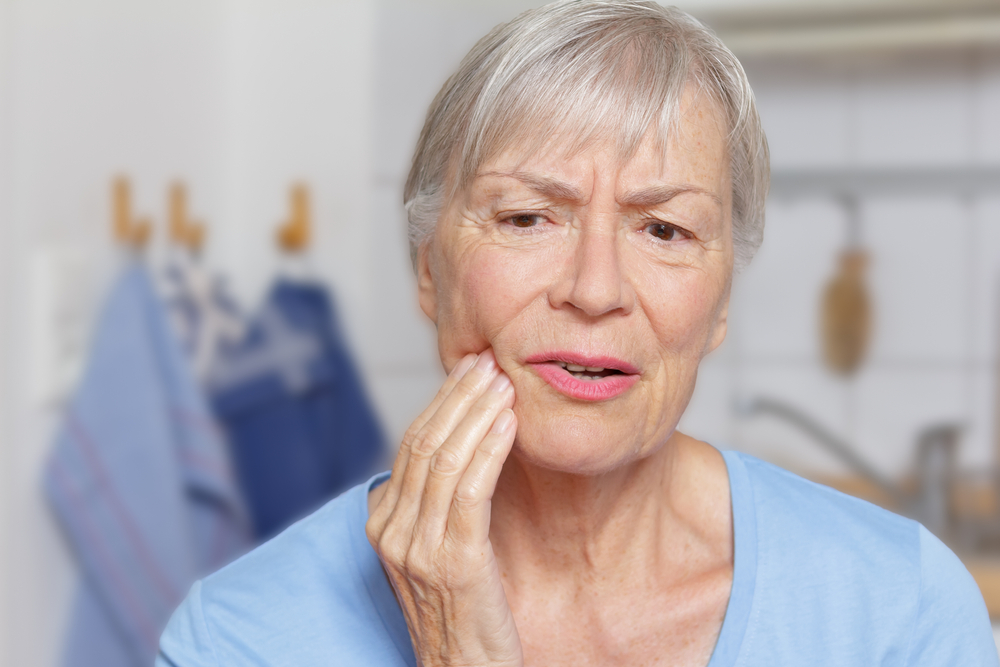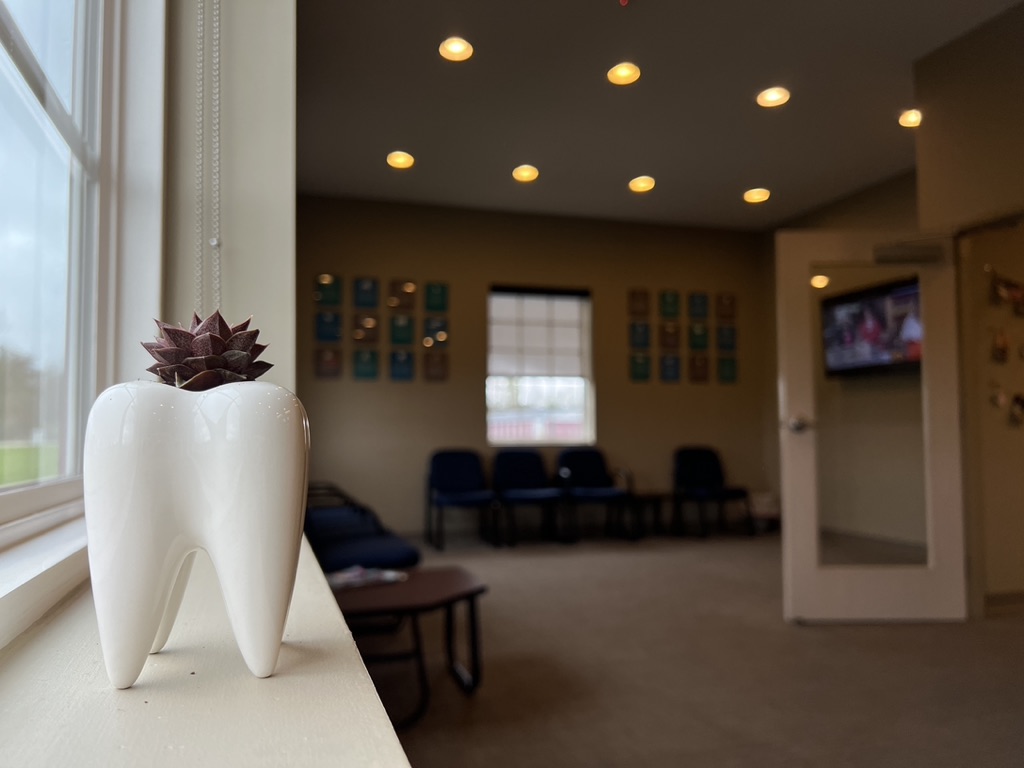Jaw Pain Teeth Grinding

What Causes Jaw Pain?
If you have unexplained pain in your jaw, a common culprit is bruxism — also known as teeth grinding. Certain people sometimes grind their teeth while they sleep, waking up to pain in their jaw, headaches, and other maladies. Others may even grind their teeth or clench their jaw when they are awake without realizing it.
But what is the cause behind grinding your teeth? There can be a number of reasons for it, including:
- Ongoing issues in your daily life. If you have a stressful job or upcoming test, personal relationships that cause anger or tension, or even if you have issues with anxiety, you may be more likely to grind your teeth at night.
- Dreaming. When in deep sleep, you may grind your teeth due to dreaming and other stimulations you experience in slumber.
- Medication. Some medications that doctors prescribe make patients more likely to grind their teeth while they sleep.
- Substances. Studies have shown that the effect of drinking alcohol or caffeinated beverages are among the substances that could cause tooth grinding.
- Medical conditions. Diseases like Parkinson’s, dementia, and other conditions could influence grinding.
- Genetics. If your parents experienced bruxism, you are more likely to also grind your teeth at night. Likewise, if you have issues, your children may experience them, too.
- Irritation. Some children who are experiencing irritants in their mouths may grind their teeth.
- Allergies. Likewise, kids with allergies may grind their teeth.
- Alignment issues. Teeth grinding in children could also be an indication that they have issues with the alignment of their bite — it’s a good idea to schedule an appointment with an orthodontist.
Why Does Teeth Grinding Need to be Addressed?
If there are ever any dental issues that cause you pain, it is important to address them. The quality of your life matters, and if you have to deal with constant pain, it can affect much more than the state of your mood. The side effects of teeth grinding that go unaddressed can be serious, so it is essential to start the path to a solution as soon as you notice that you might have an issue with bruxism. Some side effects include:
- Loss of sleep. You might find that you wake up multiple times per night from grinding your teeth and clenching your jaw, affecting your ability to be well-rested. Losing sleep can have many repercussions, including decreased awareness and attention, foul moods, and much more.
- Damaged teeth. Constant clenching and grinding can cause everything from chips in your teeth and loose teeth all the way up to fractured teeth. These issues can cause you pain and seriously affect your ability to eat, speak, and function normally. Grinding that goes unaddressed can also wear away at your tooth enamel, causing your teeth to be more susceptible to decay.
- Tight muscles. Constantly grinding and clenching can cause your jaw to lock up so that it is difficult to completely open and close your mouth.
- Pain. Clenching and grinding your teeth can cause pain not only in your jaws. Pain can radiate to your neck, face, and ears, or even cause ongoing issues with headaches. You may also experience pain in the form of tooth sensitivity, where you have discomfort when eating or drinking hot and cold food and beverages.
How Can Anthony Dental Help with Jaw Pain and Grinding?
The team at Anthony Dental wants to help keep you healthy and happy. Coping with the constant jaw pain caused by teeth grinding can wear on you, especially as you deal with your everyday career and family responsibilities. We can offer options beyond taking pain medication daily to deal with your jaw pain.
Nightguards are some of the best options to address the immediate problems that teeth grinding can cause. Nightguards are soft plastic guards that you wear in your mouth. Their purpose is to cushion your upper teeth and bottom teeth when they come together in bruxism. Softening the blow from teeth grinding has the immediate benefit of warding off the kind of pain a person can come to expect waking up every morning after a long night of grinding their teeth.
Nightguards are fitted especially for your mouth, meaning that they will be comfortable to wear when sleeping. They are also simple to take care of. Much like retainers, you clean them before and after each use with your regular toothbrush and toothpaste. Store them in a hard container, especially when traveling, so they can be sure to hold their shape. Avoid leaving your night guard in sunny places or in hot water, as either situation can affect the way it fits in your mouth. When you come in for your regular appointments at Anthony Dental, bring your night guard along so that we can check for wear and whether your guard needs to be replaced.
Questions about what’s causing your jaw pain? We’re here to help and welcome you to contact our office today.

 View Sunbury Location
View Sunbury Location View Centerburg Location
View Centerburg Location View South High Location
View South High Location




